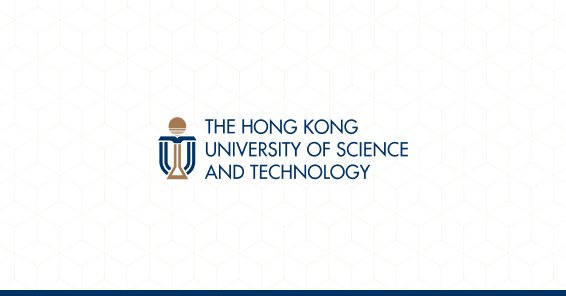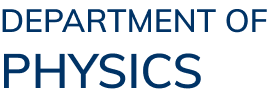2016-08-01

Dr Ning Wang, Associate Professor of Physics at the Hong Kong University of Science and Technology (HKUST), has been awarded the 2006 Achievement in Asia Award (AAA) for his research in nano-technology.
The annual Award, made by the Overseas Chinese Physics Association (OCPA) to Chinese scientists below 50 years of age working in Asia, recognizes outstanding achievements in the field of physics. Dr Wang received his award certificate at a ceremony held by OCPA today (29 June) in Taipei.
Dr Wang has devoted himself to fundamental research in materials physics for 20 years. One of his most significant achievements was the observation at HKUST in 2000 of the world's smallest single-walled carbon nanotube (0.4nm in diameter). Together with his colleague Prof Zikang Tang, he later showed that nanotubes exhibit superconducting properties.
Carbon nanotubes can serve as building blocks for electronic devices, offering potential advantages in terms of size, cost and efficiency. For example, cell phone batteries made of carbon nanotubes may double or even triple capacity when compared to commonly used graphite versions.
In 1998, Dr Wang and his colleagues first used an oxide-assisted growth technique to produce one-dimensional silicon nanostructures. The technique has led to the large-scale synthesis of high-purity semiconductor and metal oxide naonstructures. This contribution earned him the Second Class State Natural Science Award 2005. He also received the Chien-Shiung Wu Physics Award in 1990 for his discovery of quasicrystals with 8-fold rotational symmetry.
His publications in prestigious academic journals including Nature and Science have been cited over 3,500 times, emphasizing his high impact on the field of materials science worldwide.
"I hope our research can be applied to more electronic and medical devices that further improve mankind's health and standard of living," said Dr Wang.
Dr Wang earned his PhD in Materials Physics from the University of Science and Technology Beijing in 1990. Prior to joining HKUST in 1993, he worked as a research fellow in Germany.
